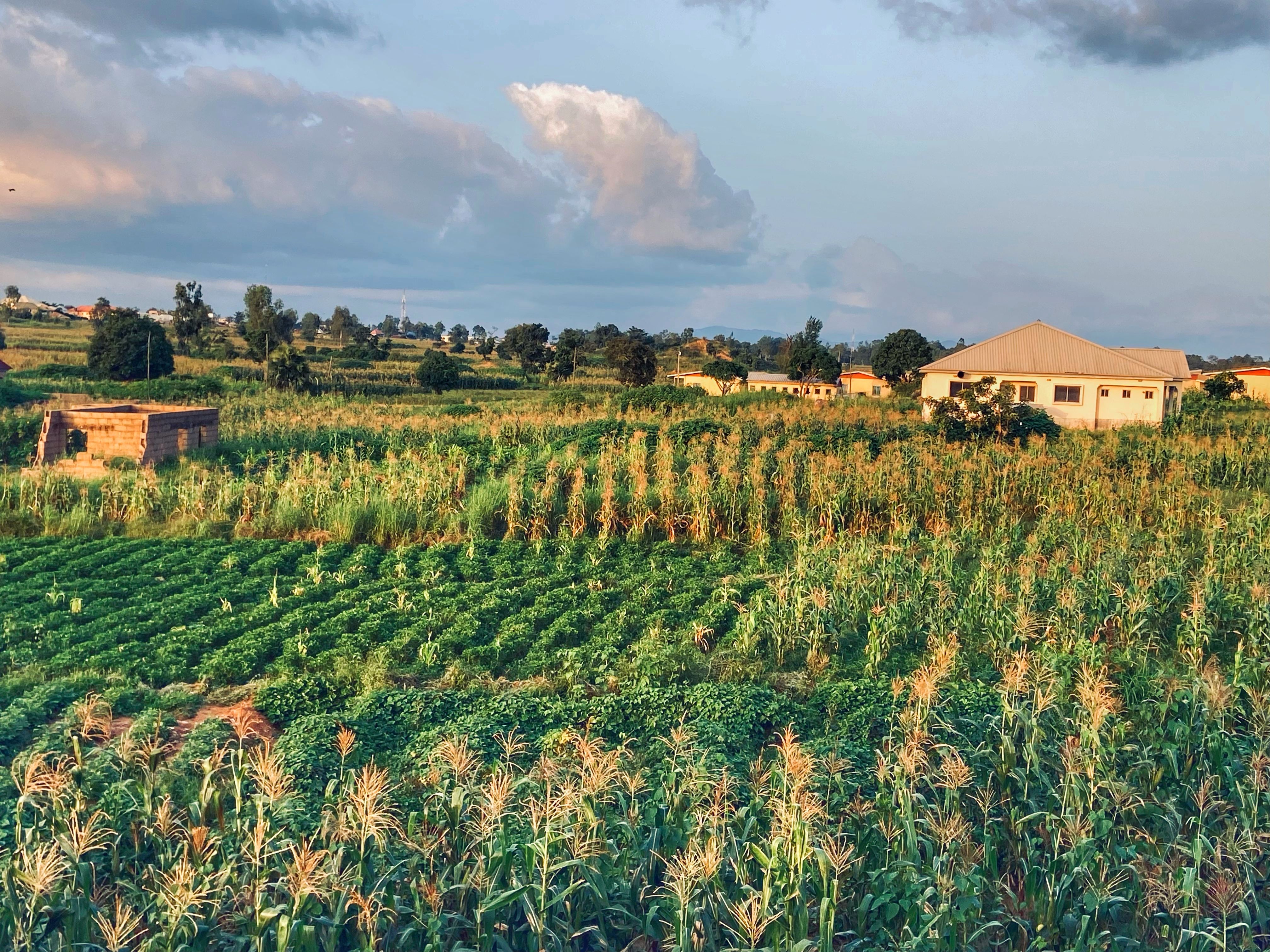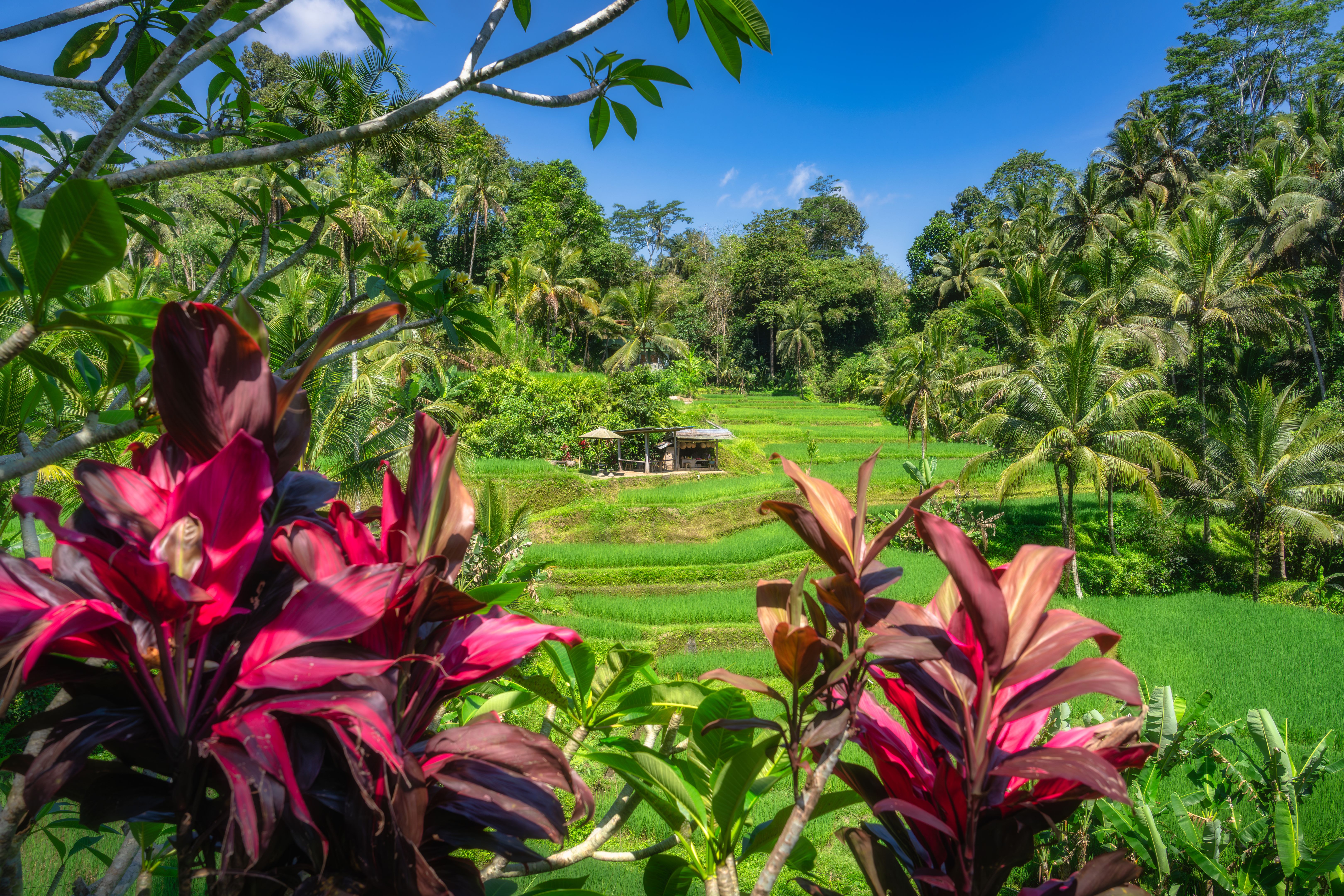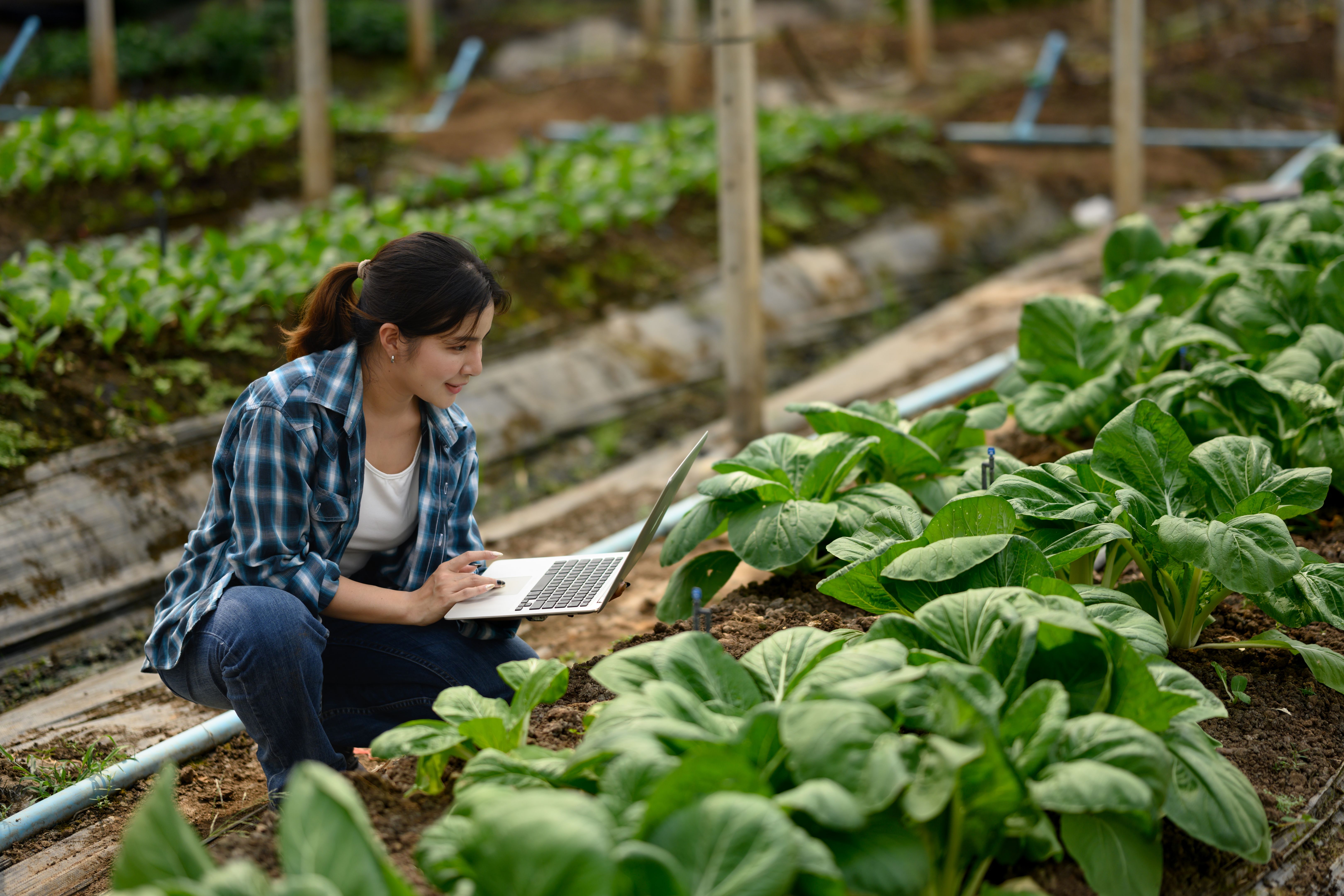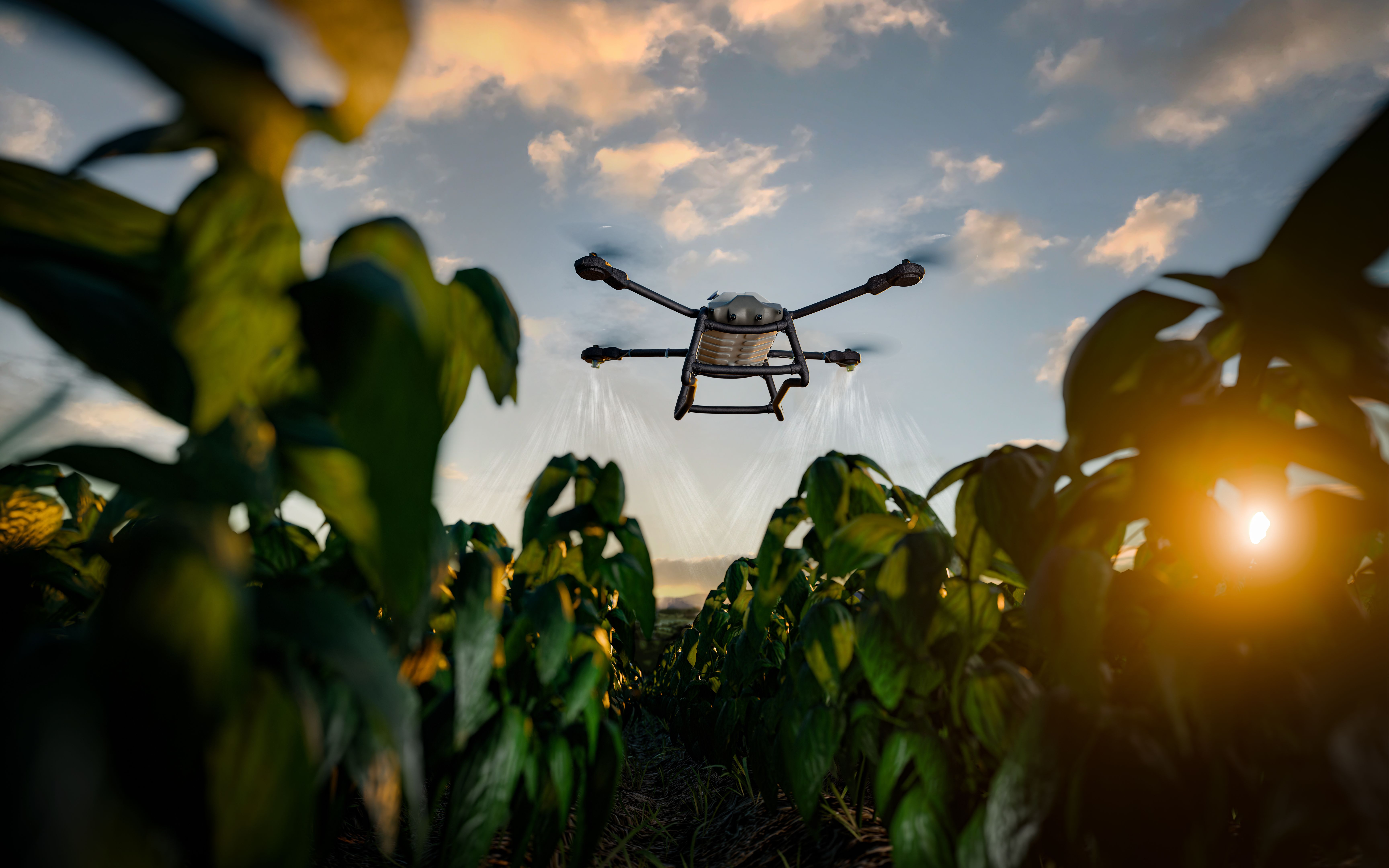Unlocking Nigeria's Agricultural Potential: State-by-State Guide and Agrus International Role
Unlocking Nigeria's Agricultural Potential
Nigeria, with its diverse ecosystems and abundant natural resources, holds immense potential for agricultural development. As the largest economy in Africa, Nigeria's agricultural sector plays a critical role in its overall economic growth. This blog post explores the agricultural prospects of Nigeria on a state-by-state basis and highlights the pivotal role played by Agrus Global in transforming this potential into reality.
The vast landscape of Nigeria presents diverse agricultural opportunities. From the fertile plains of the north to the rain-soaked fields of the south, each state offers unique conditions that can be harnessed for successful farming. Understanding these regional differences is crucial for maximizing productivity and sustainability.

State-by-State Agricultural Opportunities
Northern Nigeria
The northern states of Nigeria, including Kano, Kaduna, and Katsina, are known for their large-scale production of grains such as maize, millet, and sorghum. The arid climate and expansive land areas provide ideal conditions for dry-season farming and irrigation projects. Additionally, livestock farming thrives here, with cattle rearing being a significant economic activity.
Southern Nigeria
In the southern regions, states like Ogun, Oyo, and Edo offer fertile soil and ample rainfall conducive to cultivating crops such as cocoa, palm oil, and rubber. The tropical climate supports diverse plantation agriculture, making the south a powerhouse for cash crops that are crucial for export and local industries.

Central Nigeria's Diverse Agriculture
Central Nigeria, which includes states like Benue and Plateau, is often referred to as the "food basket" of the nation due to its rich soil and favorable climate. This region excels in producing fruits like oranges and mangoes, along with tubers like yam and cassava. The central region's balanced weather patterns allow for year-round farming activities.
One notable advancement in central Nigeria is the integration of advanced agricultural technologies. Farmers are increasingly adopting modern farming techniques to boost yields and improve crop resilience against climate challenges.

Agrus International's Transformative Role
Agrus International stands at the forefront of driving agricultural innovation in Nigeria. By partnering with local farmers and stakeholders, Agrus Global provides access to cutting-edge technology, sustainable farming practices, and market linkages that empower communities. Their focus on education and training ensures that farmers are well-equipped to tackle modern agricultural challenges.
Through initiatives such as precision agriculture and digital platforms for market access, Agrus Global is bridging the gap between potential and productivity. Their efforts are crucial in transforming Nigeria's agricultural landscape into a thriving sector capable of feeding its growing population and contributing significantly to global food security.

Future Prospects and Challenges
Despite the promising potential, Nigeria's agricultural sector faces challenges such as inadequate infrastructure, limited access to finance, and climate change impacts. Addressing these issues requires collaborative efforts from government bodies, private stakeholders, and international partners.
With ongoing investments in infrastructure development and policy reforms, Nigeria is poised to overcome these hurdles. The focus on sustainable practices and technology adoption will ensure that agriculture remains a viable source of income and food security for future generations.
In conclusion, unlocking Nigeria's agricultural potential involves recognizing regional strengths, fostering innovation, and overcoming existing challenges. Agrus Global's role as a catalyst for change highlights the importance of collaboration in achieving a sustainable agricultural future for Nigeria.
